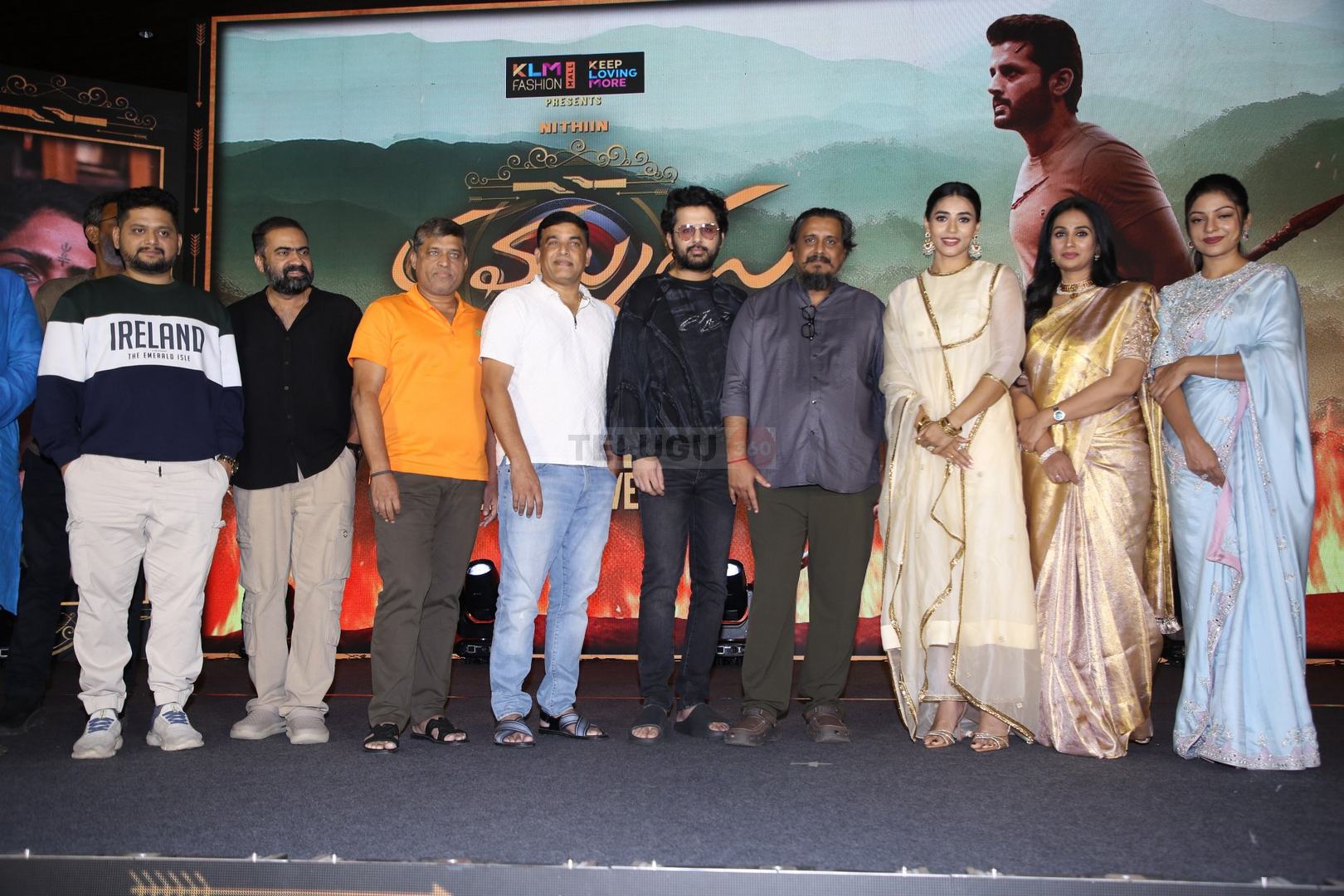The Hindu petitioners believe the mosque, built on the orders of Emperor Aurangzeb in 1670, was constructed atop the birthplace of Lord Krishna in Mathura. Today, it lies adjacent to the Krishna Janmasthal Templevisited by millions of Hindu devotees each year.
Here is what you need to know about the latest plea, and the long standing dispute.
The latest plea
The latest application, filed under Order 26 Rule 9 CPC, is part of a petition (353/2023) filed by eight people including “next friend” of Bhagwan Shree Krishna Virajman. It seeks a survey of the Shahi Idgah mosque — which was allowed by a Bench of Justice Mayank Kumar Jain on Thursday.
Moreover, the petition pleads that the High Court passes an order directing the UP Sunni Central Waqf Board and the Shahi Idgah mosque committee “to remove the construction raised by them encroaching upon the land” in dispute. The petition further asks the court to direct the two opposing parties to hand over the land to the Shree Krishna Janmbhoomi Trust within the time provided by the court.
The plea further seeks an order restraining the Waqf Board and the mosque committee, and that people on their behalf from entering into premises of the 13.37 acres of land at Katra Keshav Dev City and District Mathura.
It also says that a “compromise agreement” dated October 12, 1968 between the Shri Krishna Janmasthan Seva Sansthan — the temple management authority, a registered society under law — and the Trust Shahi Masjid Idgah – was “illegal and void”. The reasoning behind this, as per the plea is that, “society Shree Krishna Janmasthan Seva Sangh had no right over the property involved”.
The petition filed by the Hindu side says that “it is matter of fact and history that Aurangzeb ruled over the country… (and) had issued orders for demolition of large number of Hindu religious places and temples including the temple standing at the birth place of Lord Shree Krishna at Katra Keshav Dev, Mathura in the year 1669-70 (Sixteen Sixty Nine- Seventy) AD”. “The army of Aurangzeb partly succeeded to demolish Keshav Dev Temple and a construction was forcibly raised showing the might of power and said construction was named as Idgah Mosque,” it says.
The petition also says that “the order (for demolition) passed by Aurangzeb finds place in the Official Court Bulletin (Akhbaraat) of January – February 1670 (Sixteen Seventy)”.
An age old dispute
The mosque was built by Aurangzeb in 1670 on the site of an earlier temple. The area was regarded as nazul land — non-agricultural state land owned by the Marathas, and then the British. Before the mosque was built, Raja Veer Singh Bundela of Orchha had also built a temple on the same premises in 1618.
In 1815, Raja Patni Mal of Benaras bought the 13.77 acres in an auction from the East India Company. The Raja’s descendants — Rai Kishan Das and Rai Anand Das — sold the land to Jugal Kishore Birla for Rs 13,400, and it was registered in the names of Pandit Madan Mohan Malaviya, Goswami Ganesh Dutt, and Bhiken Lalji Aattrey.
The Shri Krishna Janmabhoomi Trust was set up by Birla, and it acquired the ownership rights over the Katra Keshav Dev temple. In 1951, the 13.77 acres were placed in the trust, with the condition that the “trust property will never be sold or pledged.”
In 1956, the Shri Krishna Janmasthan Sewa Sangh was set up to manage the affairs of the temple. In 1977, the word ‘Sangh’ in the registered society’s name was replaced with ‘Sansthan.’
The case so far and Gyanvapi order
At least a dozen cases were filed in courts in Mathura by different petitioners. A common thread in all the petitions is a prayer for the removal of the mosque from the 13.77-acre complex. In May this year, the Allahabad High Court had transferred to itself all the suits on the Sri Krishna Janmabhoomi-Shahi Idgah Masjid dispute.
The latest Mathura order is similar to the one in Varanasi’s Gyanvapi Mosque, also built adjacent to a venerated Hindu temple.
On May 16 last year, a videographic survey of the Kashi Vishwanath temple-Gyanvapi mosque was completed by a Commission appointed by the local court. During the survey proceedings, a structure which the Hindu side claimed was a “shivling”, and the Muslim side claimed was a “fountain”, was found to be inside the mosque premises.
Subsequently, a scientific survey of the Gyanvapi mosque complex was ordered by the Varanasi district court on July 21 this year. This time, the District and Sessions Judge AK Vishvesha, had directed the ASI to “undertake scientific investigation/survey/excavation at the property in question i.e. settlement plot number 9130 (Gyanvapi mosque)”.
The survey was halted after the mosque committee approached the Allahabad High Court, and then the Supreme Court, seeking a stay on the survey. Both the courts cleared the decks for the survey which was resumed on August 4 amid tight security arrangements. The ASI teams have been surveying the campus since.
On Monday, the Varanasi district court had granted one more week to the Archaeological Survey of India (ASI) to submit the findings of the court-ordered scientific survey of the Gyanvapi mosque premises.









